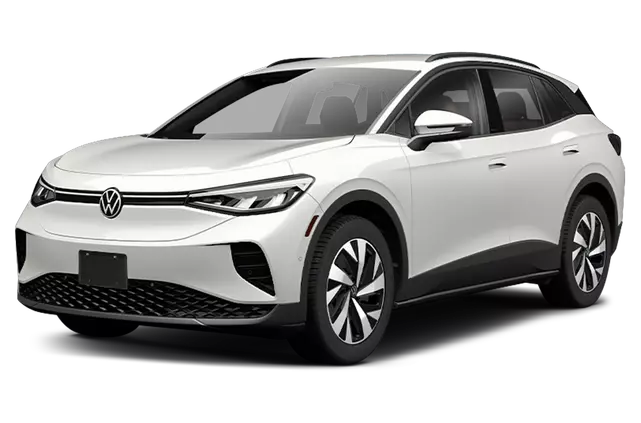Slowing Momentum in the EV Revolution
Despite the initial surge in electric vehicle (EV) sales, the year 2024 is witnessing a slowdown in the momentum. The U.S. market, which saw EV sales surpass one million units in 2023, is experiencing a stall in growth. Major automakers like General Motors and Ford are revising their EV strategies, delaying new launches, and reducing production. General Motors has postponed the rollout of its new Chevrolet Bolt EV and EUV until 2025, while Ford has halved the production of its F-150 Lightning electric pickup truck. This shift reflects a broader reassessment in the industry as EV sales, though growing, are not meeting initial high expectations.
Economic Factors Impacting EV Demand
Several economic factors are contributing to the reduced enthusiasm for EVs. High interest rates are a significant concern, as they affect the affordability of EVs for consumers who rely on financing. Tesla CEO Elon Musk highlighted the impact of the high-interest-rate environment on EV purchases. Furthermore, Volkswagen and Ford have indicated similar challenges, with Volkswagen reducing its profit margin outlook partly due to fluctuating raw material costs for EV batteries.
Electric Vehicle Market Trends and Forecast
Looking at the broader picture, the North American EV market is expected to grow by 26.8% in 2024, albeit with a lower EV penetration rate compared to other regions. In China, EV penetration is projected to reach 40%, with Chinese brands dominating the market. Notably, China’s BYD has surpassed Tesla as the top-selling EV maker. The slowdown in EV transition is causing some legacy automakers, like Ford, to scale back production expansion plans and focus more on hybrid vehicles, which are gaining popularity among buyers.
Political and Social Dynamics
Political dynamics are also influencing the EV landscape. High interest rates are dampening demand, leading some manufacturers to revise expansion plans. Despite this, EV sales in the U.S. are holding strong, with a significant contribution to total car sales anticipated by 2030. On the political front, Republicans have expressed concerns over the reliance on minerals from China for EV manufacturing and have appealed to the anxieties of United Auto Workers, who worry about the potential for reduced labor requirements in EV assembly. These factors are shaping the discussion around EVs in political and social contexts, influencing both consumer choices and industry strategies.


